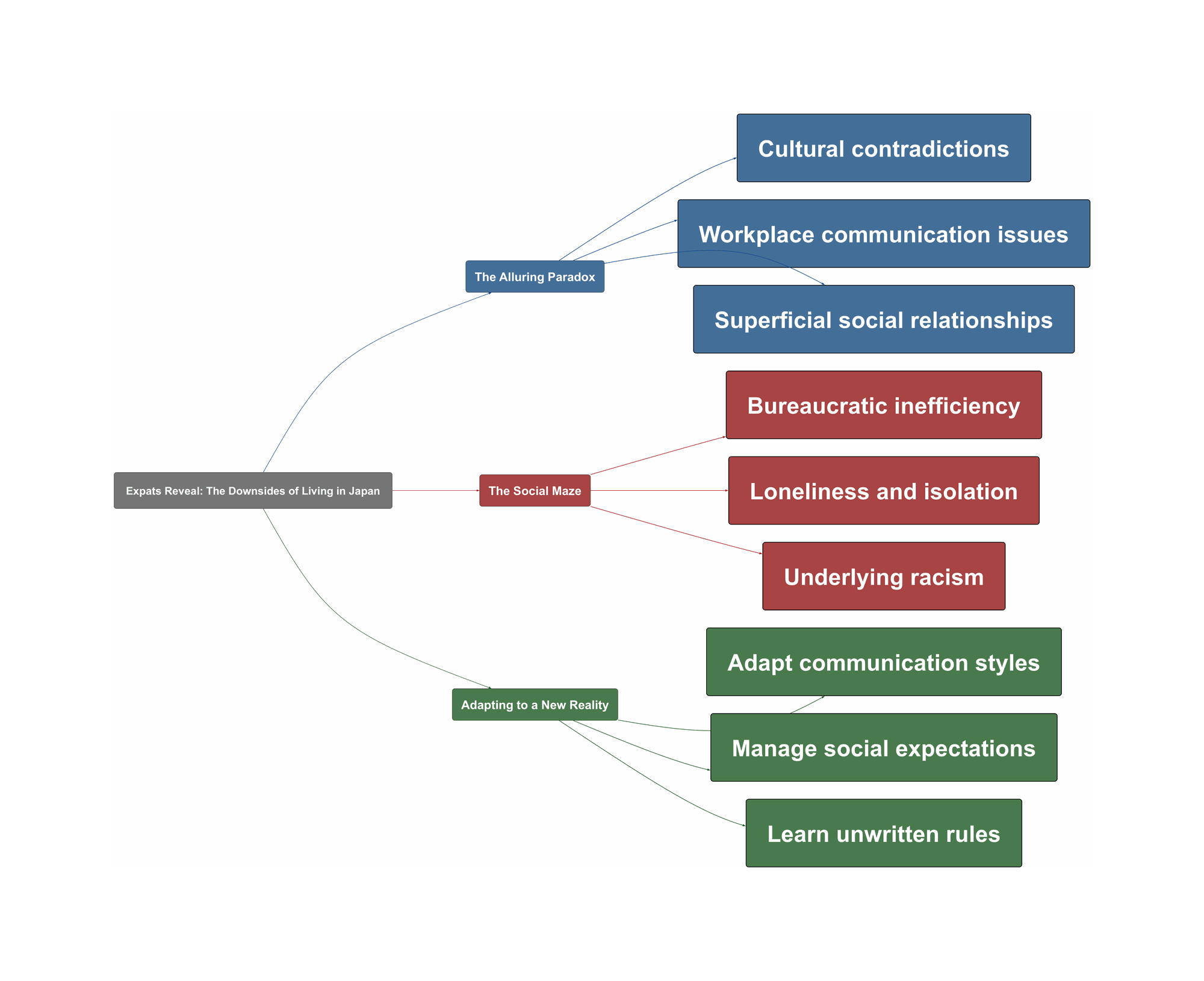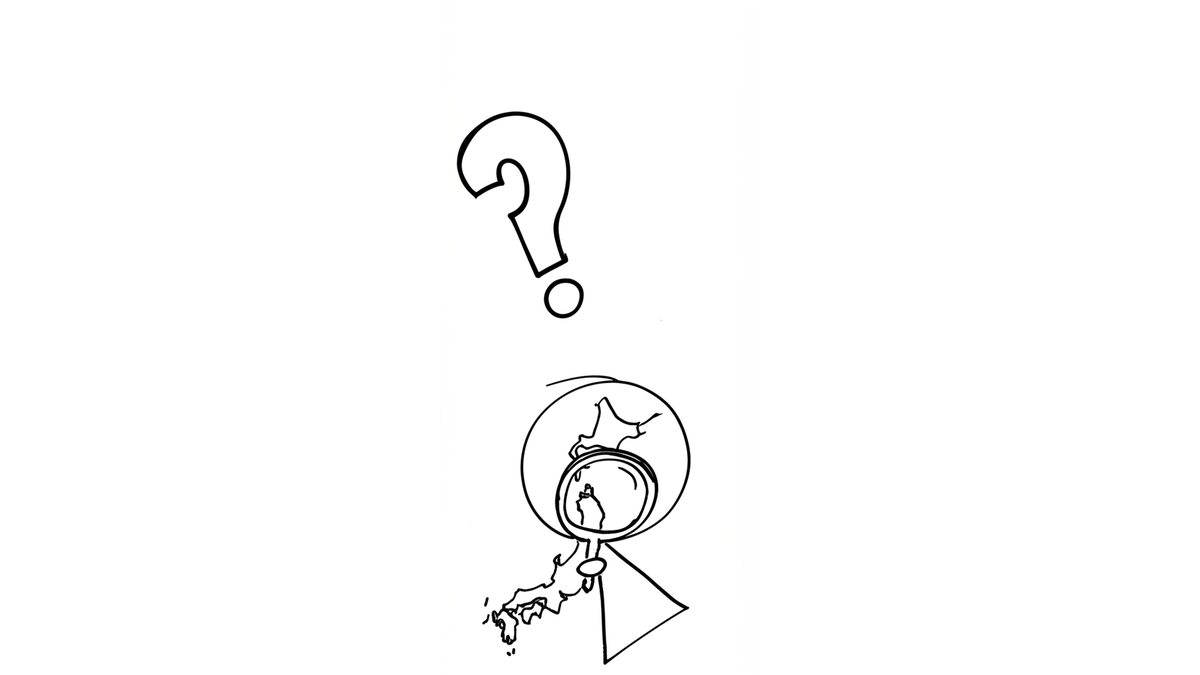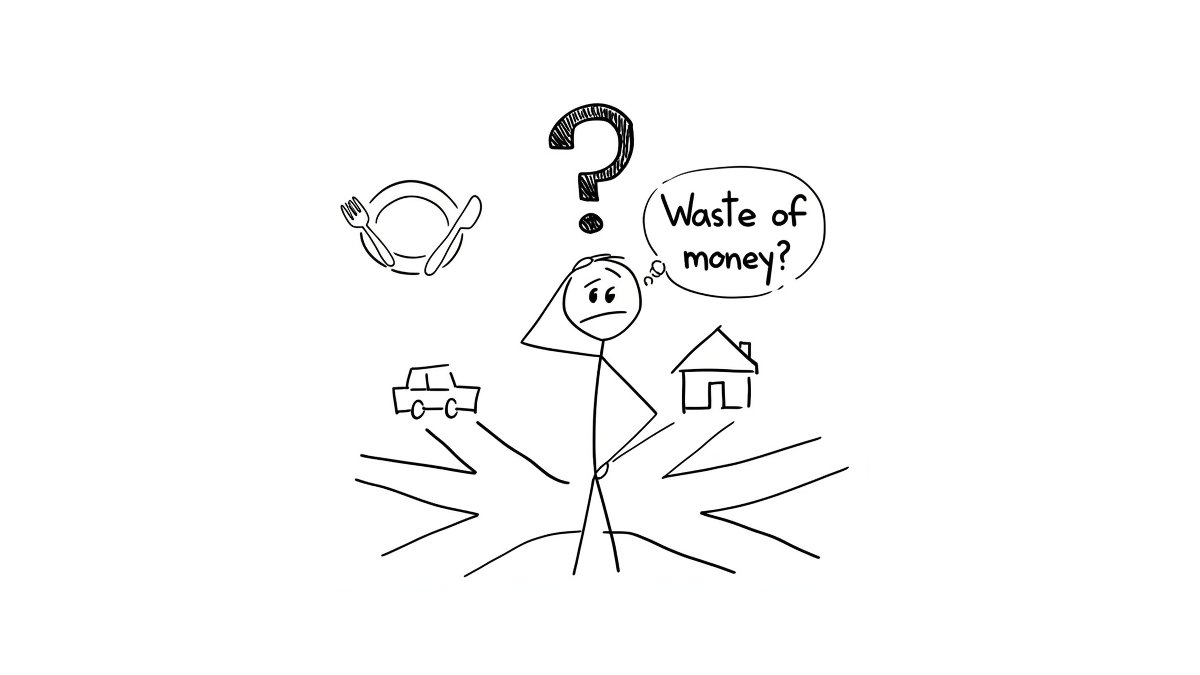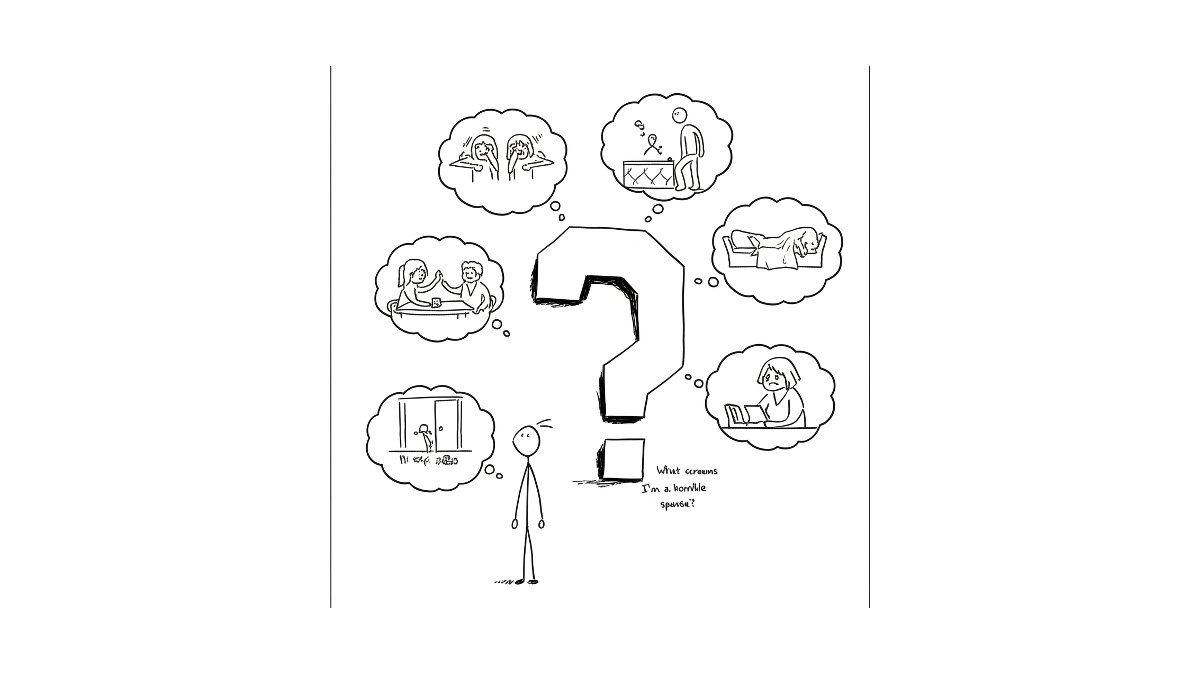Have you ever dreamed of living in Japan? Many imagine a life surrounded by neon-lit cities, serene temples, and incredible food. The country’s reputation for politeness and efficiency is famous worldwide. But what happens when the dream meets the daily reality? Expats on Reddit share a more complicated picture.
The Alluring Paradox
First, newcomers often notice a striking contradiction. Japan is a world leader in technology and innovation. Yet, it can feel surprisingly behind the times. Many government and business processes still rely on paper, stamps, and fax machines. This creates a confusing experience for foreigners.
“It is so futuristic in a way but also so behind to anything bureaucratic or anything relating to paperwork.”
Furthermore, this paradox appears in many parts of daily life. You might use a high-tech train system to get to an office that uses outdated systems. One Reddit user noted that Japan’s methods are often a mixed bag. This contrast can be jarring for those used to digital convenience.
“Japan can do things 3 ways: amazingly well, antiquated or absolutely weird/creepy.”
The Social Maze
Additionally, navigating social and professional life presents unique challenges. In the workplace, group harmony, or “Wa,” is extremely important. This means people avoid direct disagreement in meetings. Getting honest feedback requires a completely different approach.
“Nobody will disagree with you in a meeting. Even if you’re wildly wrong and about to make a huge mistake. … Terrified of disagreement.”
Moreover, this focus on privacy and harmony affects personal relationships. Expats find it difficult to form deep connections. Friendships often remain at a surface level. People rarely invite others to their homes, so casual get-togethers can feel like formal events instead.
“Deep relationships are hard to come by. People don’t often ask inquisitive questions for the sake of protecting someone’s privacy… most relationships are very surface-level.”
Adapting to a New Reality
Therefore, thriving in Japan requires significant adaptation. You must learn the unwritten rules of the culture. For instance, in business, hold one-on-one meetings beforehand to gather true opinions. This process is essential for making real progress on projects.
Similarly, you need to adjust your social expectations. Understand that building trust takes a very long time. It is also crucial to recognize the difference between being polite and being friendly. This mindset shift can prevent a lot of frustration and misunderstanding.
“Polite doesn’t mean nice. Once again, polite doesn’t mean nice.”
Finally, some expats must adapt their entire persona to be accepted. One user shared how his friend faced discrimination. He was only treated better after he started dressing in expensive suits and emphasizing his American background. This shows the tough adjustments some must make to navigate daily life.
“He eventually learned to dress in expensive suits and only speak English. Playing up his Americaness.”




